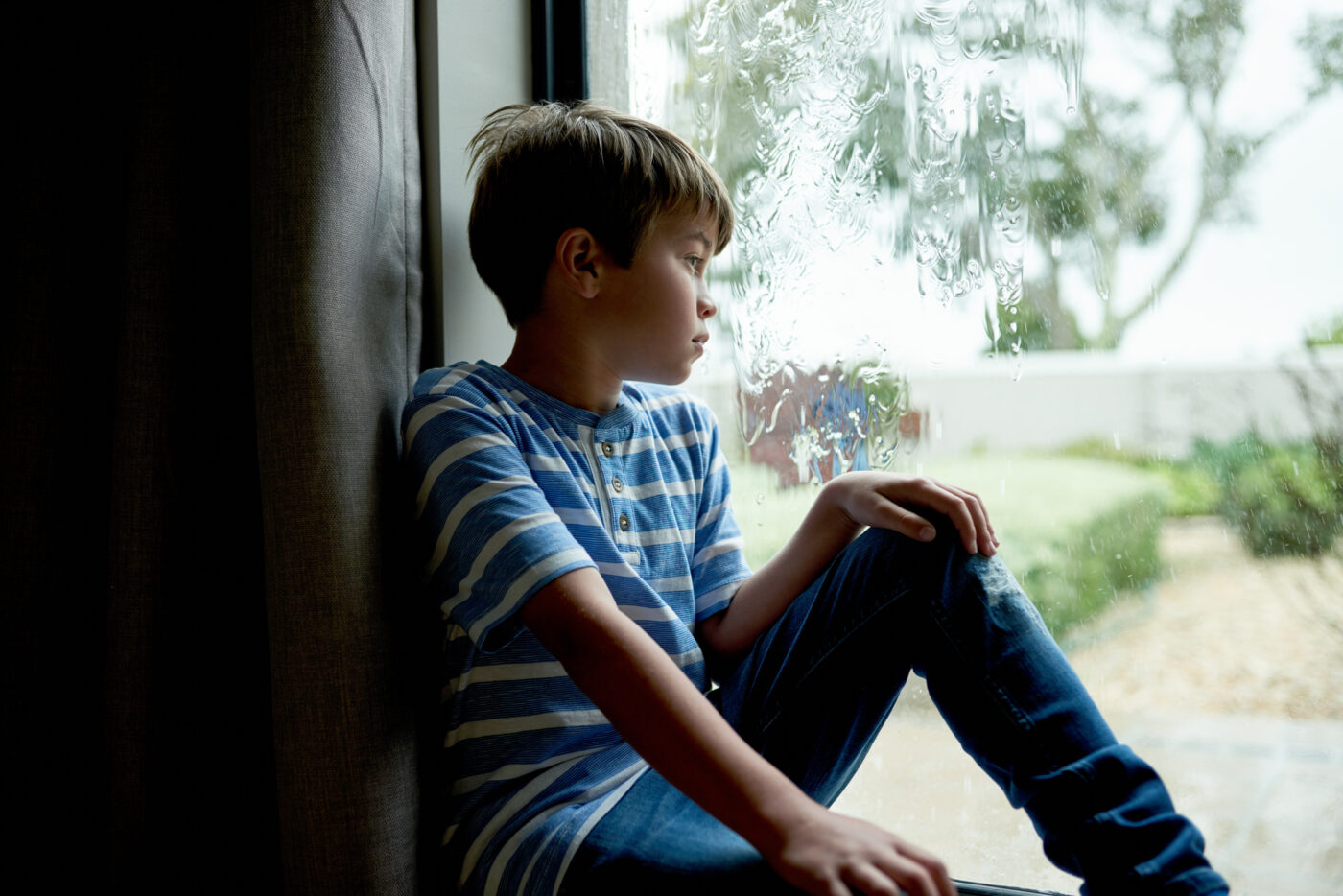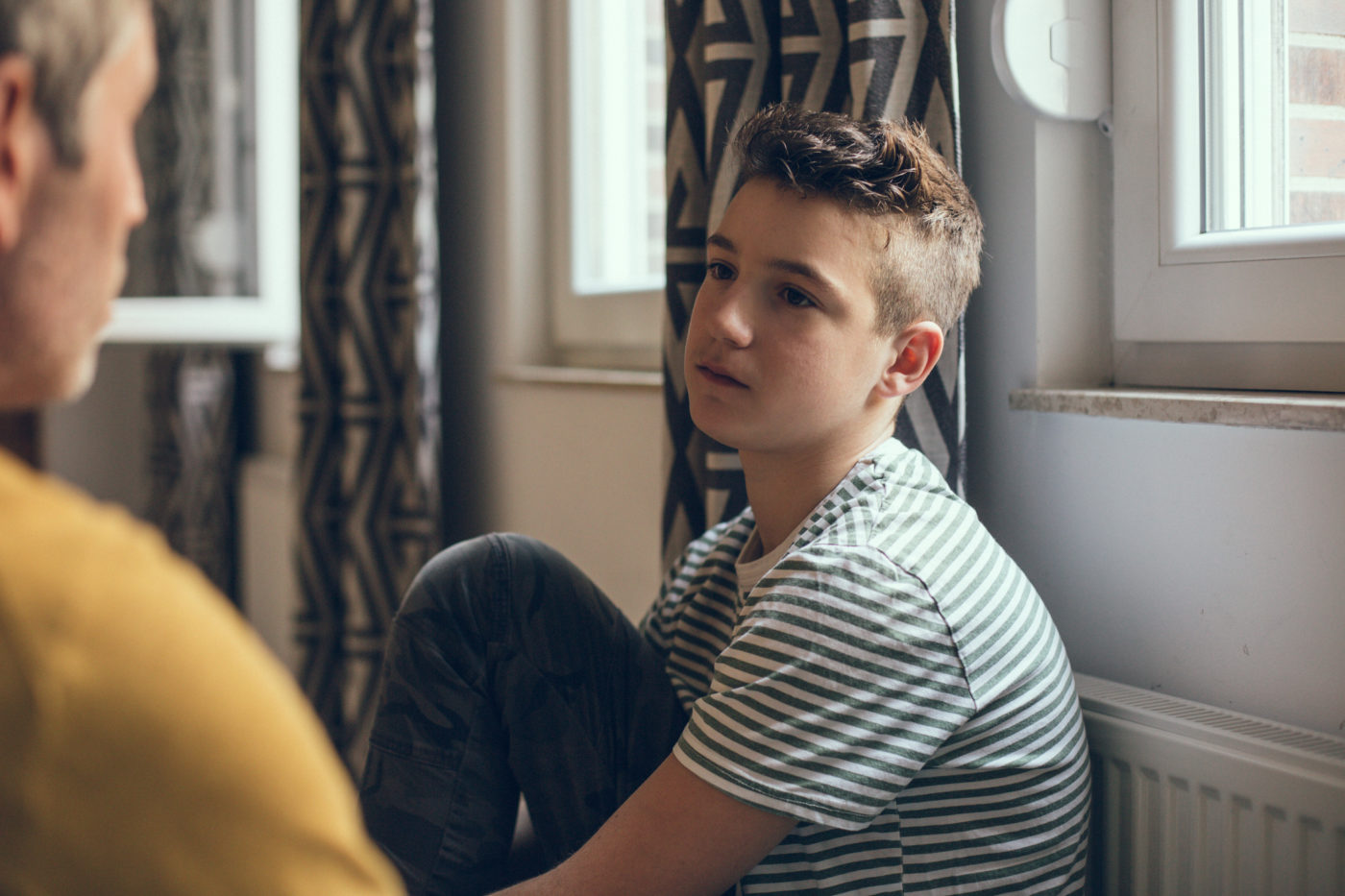“It’s just a lot of small things he asks me. He pushes too hard. He’s always on me about something.” This is how one college student described his dad, who creates a lot of worry in him. Every time they talk, his dad will ask, “Have you applied for that summer internship yet?” or “Have you been eating right?” And then his dad will lecture him no matter how he answers.
It’s one thing to remind your kid about something. But it’s dangerous to constantly bring up what your kid hasn’t done—especially as he or she is maturing. If you’re constantly in your kid’s face about everything, you’re likely to drive a wedge between you and your child. Here are 3 ways we push kids away.
If we won’t give kids more freedom as they mature, it’s like telling them we don’t trust them.1. Giving Too Little Freedom
Most of our parents grew up free-range, able to “be home before the streetlights came on,” but today is different. As a dad now, on a beautiful, sunny day, I can sit inside a shopping mall and watch my kids play indoors and there will be a bunch of other dads there as well. I know parents who won’t let their kids explore and play outside in their own fenced-in back yard without watching them. Could it be that what we interpret as showing love today—not letting our kids explore freely for fear that they’ll get hurt—may be driving our kids away? As our kids age and hopefully mature, we need to strategically give more freedom. If we won’t give kids more freedom as they mature, it’s like telling them we don’t trust them.
2. Giving Too Much Freedom
I grew up with friends whose parents were rarely around, and those friends had bad grades and never listened to authority. Too much freedom can make your child believe you’re unloving, disconnected, and uninvolved. Kids need boundaries for safety, security, and structure. From stability and structure, kids not only learn but also feel close and cared for by you.
3. Being Inconsistent With Discipline
We often push our kids away by how we discipline. Maybe you say one thing and don’t follow through with it. I’ve been known to set a rule and the closer I get to bedtime, exhausted from the day, I might lessen punishment or change the rule a bit. This communicates an inconsistency to your kids. Little by little, you could be showing your kid you aren’t reliable. If your kid knows he can’t rely on you, he will keep a distance. Whatever rules you have, be consistent and follow through—especially when you’re tired. Your kid is more likely to feel close to you when you’re consistent because you’ve shown him or her that you’re trustworthy.
Sound off: Are there ways you think you may push your kids away?











Huddle up with your kids and ask, “Do you feel like I give you too much freedom or too little and why?”